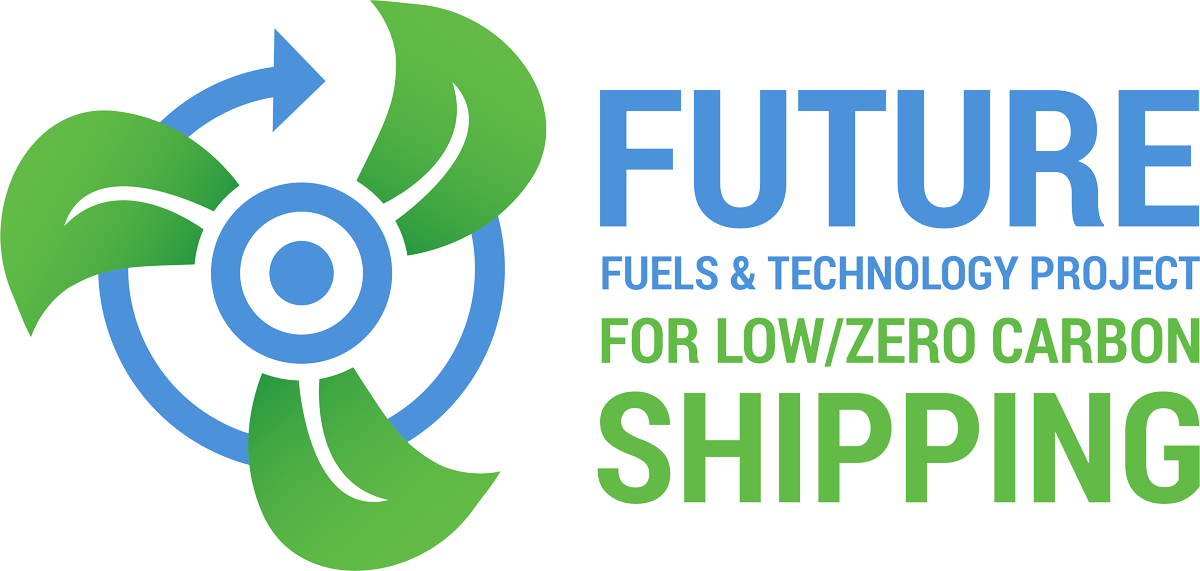To analyse the technical, economic, and environmental impacts of converting tanker vessels to green fuels such as methanol and ammonia. This report aims to assess the readiness level and costs of fuel transition, providing insights to propose optimal design and operational strategies that align with sustainable shipping practices and regulatory requirements.
Publication Type: Report
Economic value of methanol for shipping under fuelEU maritime and EU ETS
To evaluate the economic viability of bio-methanol and e-methanol as sustainable marine fuels within the regulatory frameworks of FuelEU Maritime and the EU Emissions Trading System (ETS). The report provides an analysis of compliance pathways and the economic incentives for adopting these fuels compared to fossil fuels such as VLSFO, emphasizing the penalties for non-compliance. The findings support the potential of these regulations to facilitate a transition to sustainable fuels by creating a stable investment environment for fuel producers and encouraging adoption by shipping operators.
Will renewable electricity availability limit e-fuels in the maritime industry?
To introduce the current status and limitations of technological development of renewable electricity derived from naturally replenished sources, such as solar, wind, hydroelectric, or geothermal energy, to reduce GHG emissions in international shipping and, based on this, briefly describe the project production and demand regarding e-fuels.
Bio-Ethanol as an alternative fuel for vessels
To firmly ensure the research on CO2 reduction in shipping by depicting advantages and disadvantages of bio-ethanol as an alternative fuel for shipping decarbonization
Mapping of Zero-Emission Pilots and Demonstration Projects, 4th edition
To provide information on pilot and demonstration projects focused on ship technology, fuel production and supply, and infrastructure solutions to achieve decarbonization in the shipping industry by 2050
Biofuels in Shipping
To summarize relevant regulations and current status based on the understanding of characteristics of biofuels for ships and explain factors to be considered when biofuels are used in ships, including characteristics and prospects in terms of biofuel production
The shipping industry’s fuel choices on the path to net zero
To expect the timing of adoption and commercialization of green alternative fuel engines from the perspective of international shipping and explain the major roles of stakeholders related to alternative fuels in shipping
Energy Transition Outlook 2023 Transport in Transition: A deep dive into fuels, electricity, and infrastructure
To deeply analyze the transition of electrification, infrastructure, and fuel use in the transport sector for the next 30 years, focusing on fossi fuels, electricity, biofuels, hydrogen, and hydrogen-based fuels (e-fuels)
Power-2-Fuel Cost Analysis
To analyze the production, distribution, and storage costs of various e-fuels and the total costs of ownership (TCO) for using these fuels in vehicles and ships
Using bio-diesel onboard vessels
To address key issues in related to biofuels used in ships based on the physical and chemical properties of FAME-based biodiesel oil, this study highlights key factors to consider when using marine biofuels on ships and addresses major issues in international regulations concerning exhaust gases generated from combustion and related verification

